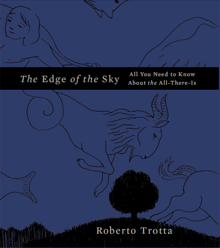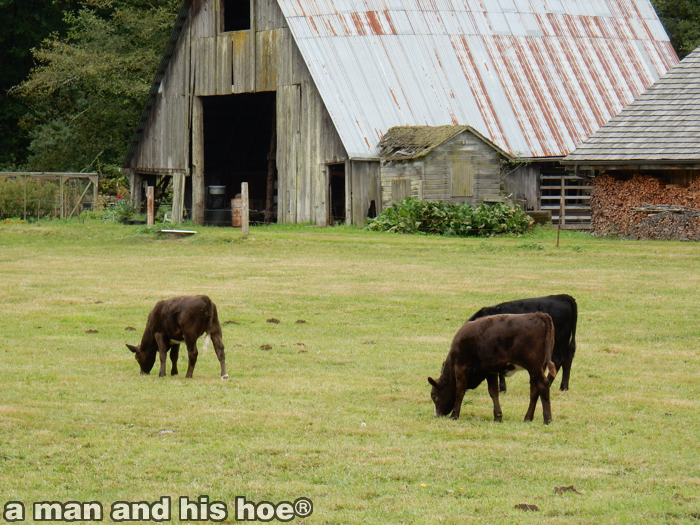 In The Edge of the Sky, astrophysicist Roberto Trotta, explains the origin of the universe using only the most 1,000 common words in English. His idea is to explain difficult concepts as simply as possible.
In The Edge of the Sky, astrophysicist Roberto Trotta, explains the origin of the universe using only the most 1,000 common words in English. His idea is to explain difficult concepts as simply as possible.
It’s an interesting book, and the simple explanations of the universe’s origin are fairly easy to follow, but since Mr. Trotta is using only the most 1,000 common words, he can’t use words like universe, planet, and galaxy because those words aren’t among the most 1,000 common English words. Even “thousand” isn’t among them. So how do you describe the origin of the universe when you can’t even use the word “universe”?
Mr. Trotta uses the phrase “All there is” in place of “universe”, “crazy star” for “planet”, “star-crowd” for “galaxy”, and “big-seer” for “telescope”.
You can get a feel for what writing, reduced to using only the simplest of words, reads like by reading a few excerpts from his book:
My college is in one of the most busy and beautiful cities in the world, which has a water road running through it and guards in red jackets and black head-covers. The head of state is a dear old lady who comes from a line that once had great power, and people in the street wave when they see her at her window.
We haven’t found Crazy Stars like our Home-World yet, but it’s only a question of time. Every day, student-people come up with new, better ways of looking for even smaller Crazy Stars, and soon they will find one that could have water and trees and animals and perhaps even people living on it.
At the time when many young people were growing long hair and asking for a better world without fights, a student-person called Doctor Rubin was the first woman to be allowed to use a Big-Seer.
So does Mr. Trotta succeed in explaining difficult concepts with simple language? At times, his writing becomes so stilted because he can’t use words like hydrogen and electrons, that I found myself trying to figure out what he was describing. Nevertheless, I enjoyed reading Roberto Trotta’s The Edge of the Sky.






















